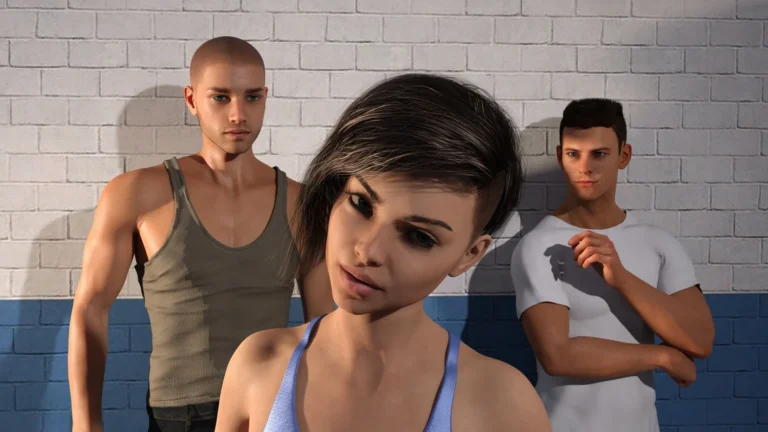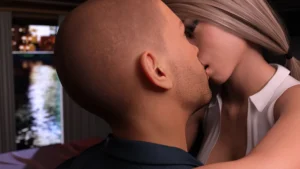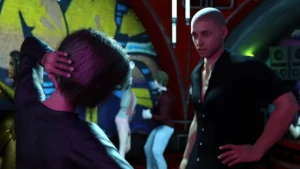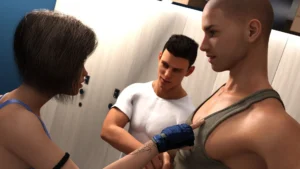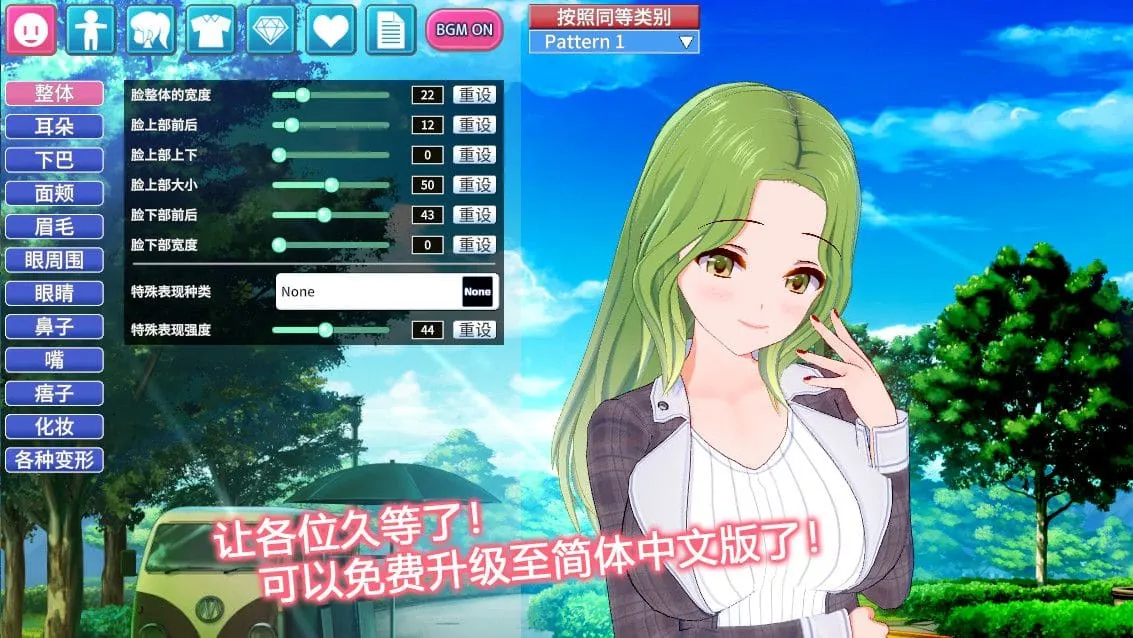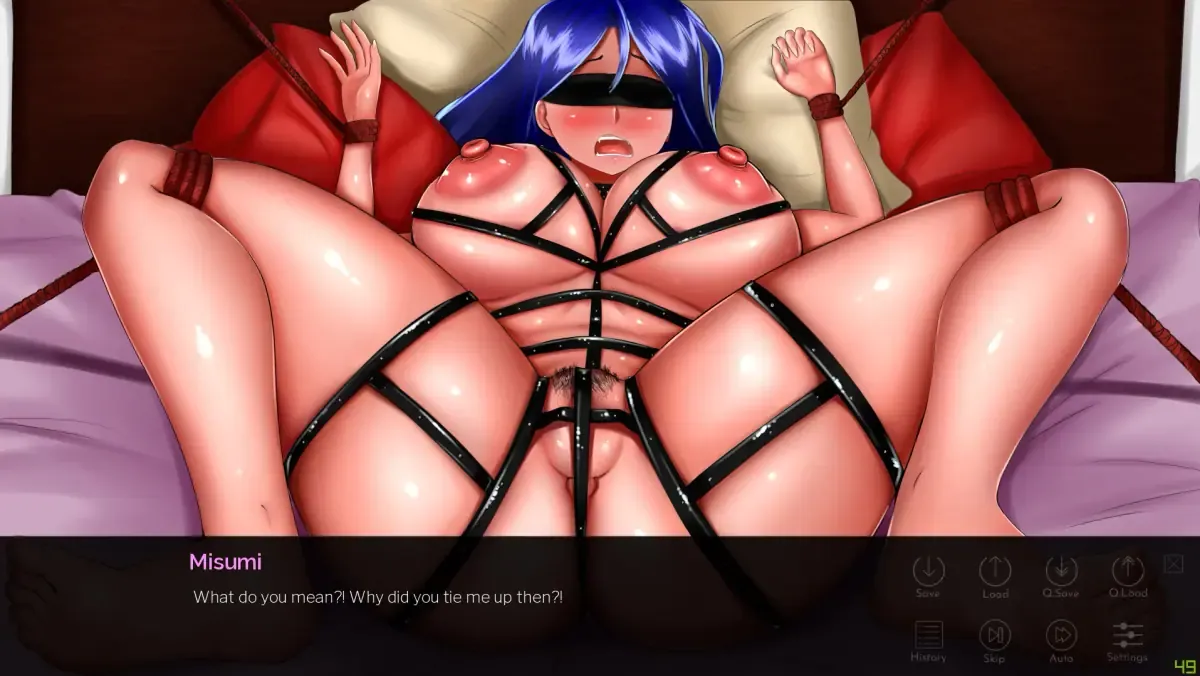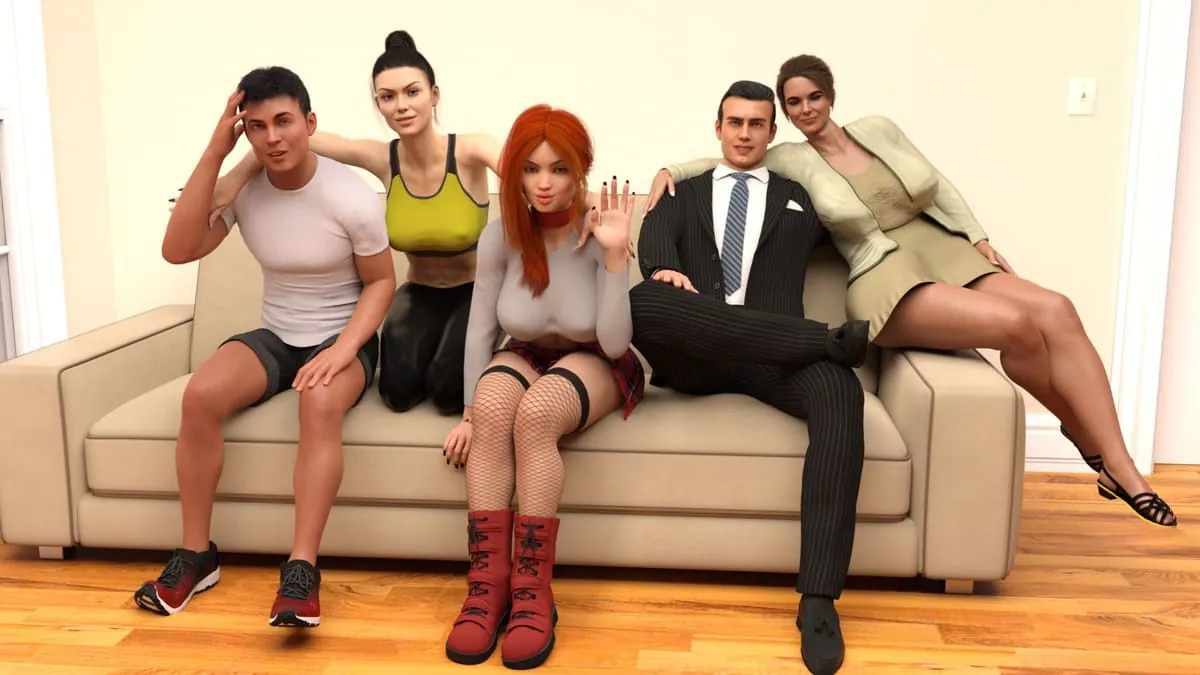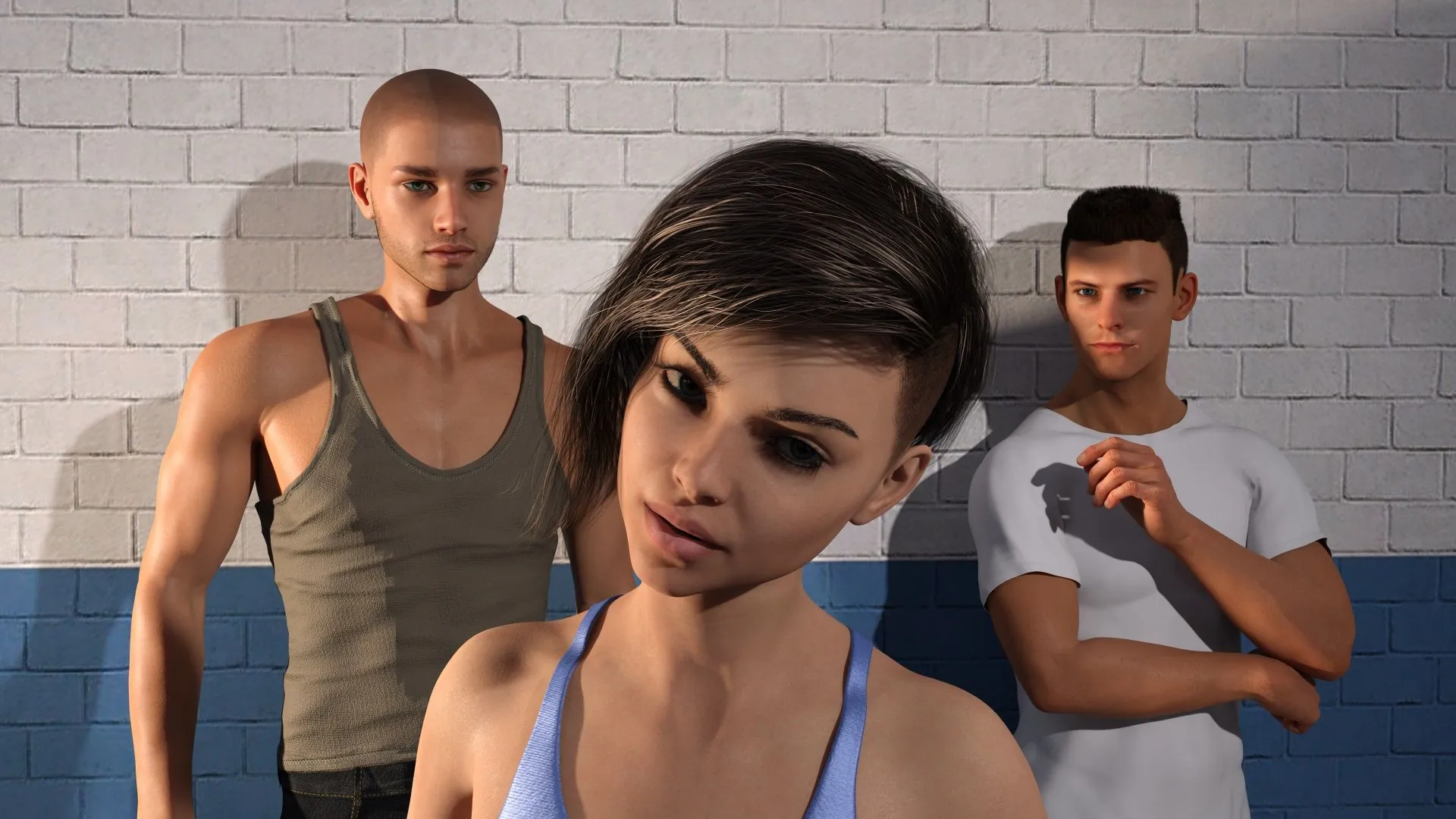
STWA: Unbroken
Play STWA: Unbroken
STWA: Unbroken review
A mature-themed visual novel blending combat sports with emotional storytelling
STWA: Unbroken redefines interactive storytelling through its unique fusion of mixed martial arts drama and complex character relationships. This visual novel stands out in the adult gaming space by prioritizing emotional depth over sensationalism, offering players a nuanced exploration of trauma, redemption, and personal growth. With its recent Part 7 update expanding narrative branches and character arcs, the game continues to evolve as a benchmark for mature-themed interactive fiction.
Core Gameplay Mechanics and Narrative Structure
Combat System Integration in Story Progression
Picture this: You’re seconds away from winning your first championship fight in STWA: Unbroken, but your opponent lands a dirty elbow. Do you retaliate and risk disqualification, or swallow your pride to secure the win? This isn’t just a fight—it’s a narrative branching path that reshapes your character’s career, relationships, and mental state. 💥
The game’s MMA visual novel mechanics blend tactical combat with story-driven consequences. Every jab, takedown, or submission attempt isn’t just about winning rounds—it’s about combat decision impacts that ripple through the plot. Win too brutally, and you might alienate loved ones. Play defensively, and sponsors could label you “boring.” One player reported losing a major sponsorship after repeatedly dodging fights to protect an injured teammate. 😬
| Fight Performance | Average Branch Length (Minutes) | Key Story Impacts |
|---|---|---|
| Dominant Victory | 45 | Unlocks arrogant dialogue options, strains relationships |
| Close Decision Win | 60 | Triggers self-doubt sequences, deeper mentor interactions |
| Loss with Honor | 75 | Opens redemption arcs, strengthens fan loyalty |
The angel/demon morality system adds another layer. During key moments, a spectral coach (your conscience) and a trash-talking rival (your ego) whisper conflicting advice. Ignore your demon too often, and you’ll miss out on underground fight opportunities. Side with it constantly? Prepare for a lonely climb to the top. 🦹♂️👼
Pro Tip: Balance aggression and restraint—the game tracks your “fighter persona” across 12 hidden stats that affect cutscene dialogue and career opportunities.
With chapters averaging 90 minutes of playtime, 22% of decisions permanently alter story trajectories. That’s not just replay value—it’s a mirror forcing you to confront how you handle pressure.
Relationship Dynamics and Choice Consequences
Let’s get real: In most games, romancing a character means picking the “❤️” option three times. STWA: Unbroken laughs at that simplicity. When I tried to flirt with a rival fighter during her trauma recovery arc, she ghosted me for three chapters—turns out, timing matters as much as intent. 😅
The emotional choice system here works like real intimacy:
– Silence can speak louder than words (skip a dialogue option to show emotional exhaustion)
– Physical tells matter (tense body language during sparring sessions affects trust)
– Gifts backfire (send roses to someone grieving, and they’ll interpret it as pity)
Romance isn’t a side quest—it’s woven into the MMA visual novel mechanics. One player shared how choosing to corner a friend’s fight instead of attending a date led to a bitter breakup… but unlocked a game-changing training montage. 🥊💔
🔥 FAQ: Can I romance multiple characters without consequences?
Nope. The game remembers every flirtatious text and lingering stare. Pursue two love interests, and you’ll trigger a devastating confrontation scene that locks both routes. Choose wisely!
Your fight team’s loyalty also hinges on combat decision impacts. Bail on a training session to console a friend, and your coach might bench you. Prioritize workouts over a teammate’s intervention? Say goodbye to their advice during championship prep.
Psychological Depth in Character Development
Here’s where STWA: Unbroken punches hardest: making you feel the weight of trauma. Your protagonist isn’t some invincible hero—they’re a fighter haunted by past failures, parental expectations, and the gnawing fear of becoming obsolete. 🧠💢
The character trauma arcs unfold through:
– Interactive nightmares where you physically dodge manifestations of anxiety
– Toxic coping mechanisms (over-training, substance abuse) that temporarily boost stats but erode relationships
– Vulnerability moments during post-fight interviews where lying risks fan backlash
One gut-wrenching scene forces you to confront a childhood bully now working as a referee. Do you expose him and risk your reputation, or stay silent and battle simmering resentment? This isn’t just “drama”—it’s narrative branching paths with physiological effects. Your character’s hands might shake during future fights if you suppress too much. 😟
| Trauma Response | Gameplay Effect | Duration |
|---|---|---|
| Repressed Anger | +15% striking power, -30% defensive awareness | 4 fights |
| Healthy Confrontation | Unlocks mentor support scenes | Permanent |
With 38% of major decisions involving psychological growth, the game rewards emotional intelligence as much as fight IQ. A speedrunner friend learned this the hard way—they finished fights in record time but got stuck with an ending where their character retires, broken and alone.
Why This Matters
STWA: Unbroken isn’t just about throwing punches—it’s about catching the ones life throws at you. By merging MMA visual novel mechanics with raw human drama, it creates a space where every choice hurts in the best way. Whether you’re here for the octagon action or the tear-jerking confessionals, one thing’s clear: You’ll leave this ring changed. 🏆✨
Still not convinced? Consider this: My first playthrough ended with my character opening a community gym to atone for past aggression. The second? They became a ruthless champion… who dies alone in a penthouse. Guess which ending made me cry? 😭
STWA: Unbroken sets a new standard for emotional storytelling in interactive fiction, masterfully blending sports drama with psychological depth. Its evolving narrative and meaningful choice system create a uniquely immersive experience that rewards multiple playthroughs. For players seeking a story-driven game with substantial character development, the latest version offers compelling reasons to explore Valentine’s journey through London’s MMA scene.
